About me
I am a technology policy researcher who has spent more than a decade thinking about how the internet and artificial intelligence are transforming society.
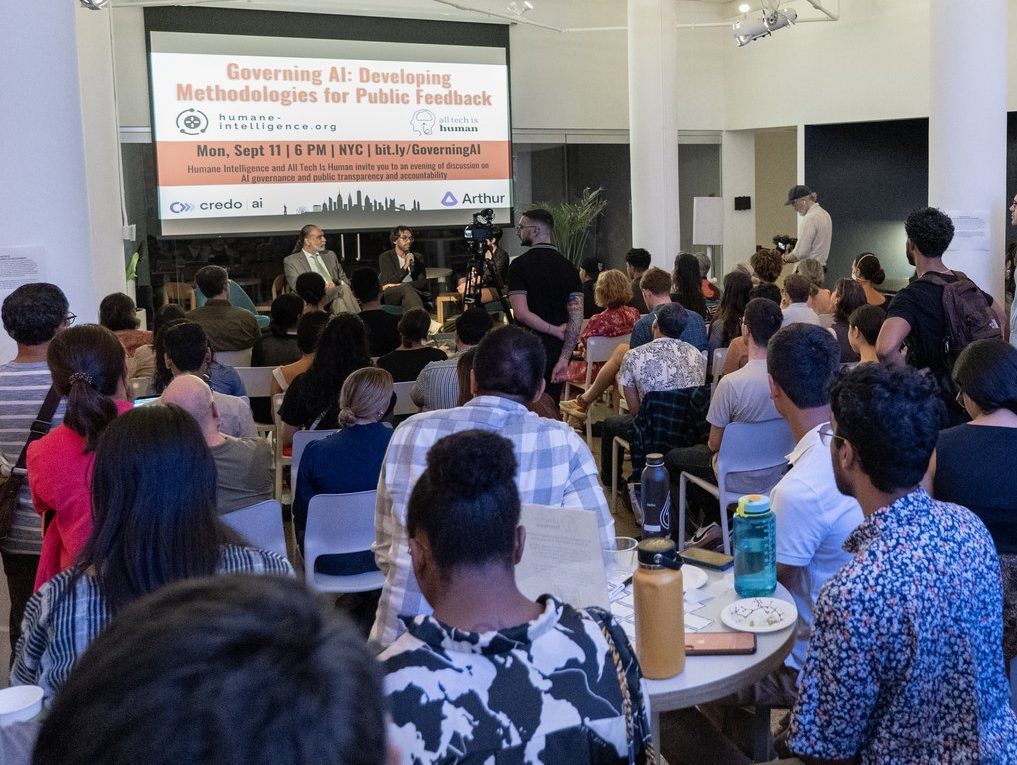
Career history
My career history includes working in the Civil Service (Foreign Office and DCMS), in financial services (at KPMG in Canary Wharf), and in politics (at London City Hall and the UK Parliament). I’ve also worked as Head of Policy (Data and Digital Technologies) at the Royal Society, Head of Think Tank at Future Advocacy, and as the Director of WebRoots Democracy.

Deepfakes
During the 2019 UK General Election, I led a high-profile project to produce deepfake campaign videos of Boris Johnson and Jeremy Corbyn endorsing each other to be Prime Minister. These videos warned viewers of the dangers of AI-generated disinformation and unregulated social media platforms. The project went viral, received global media attention, and reached millions of people. A behind-the-scenes film about the project can be viewed on the BBC website here.
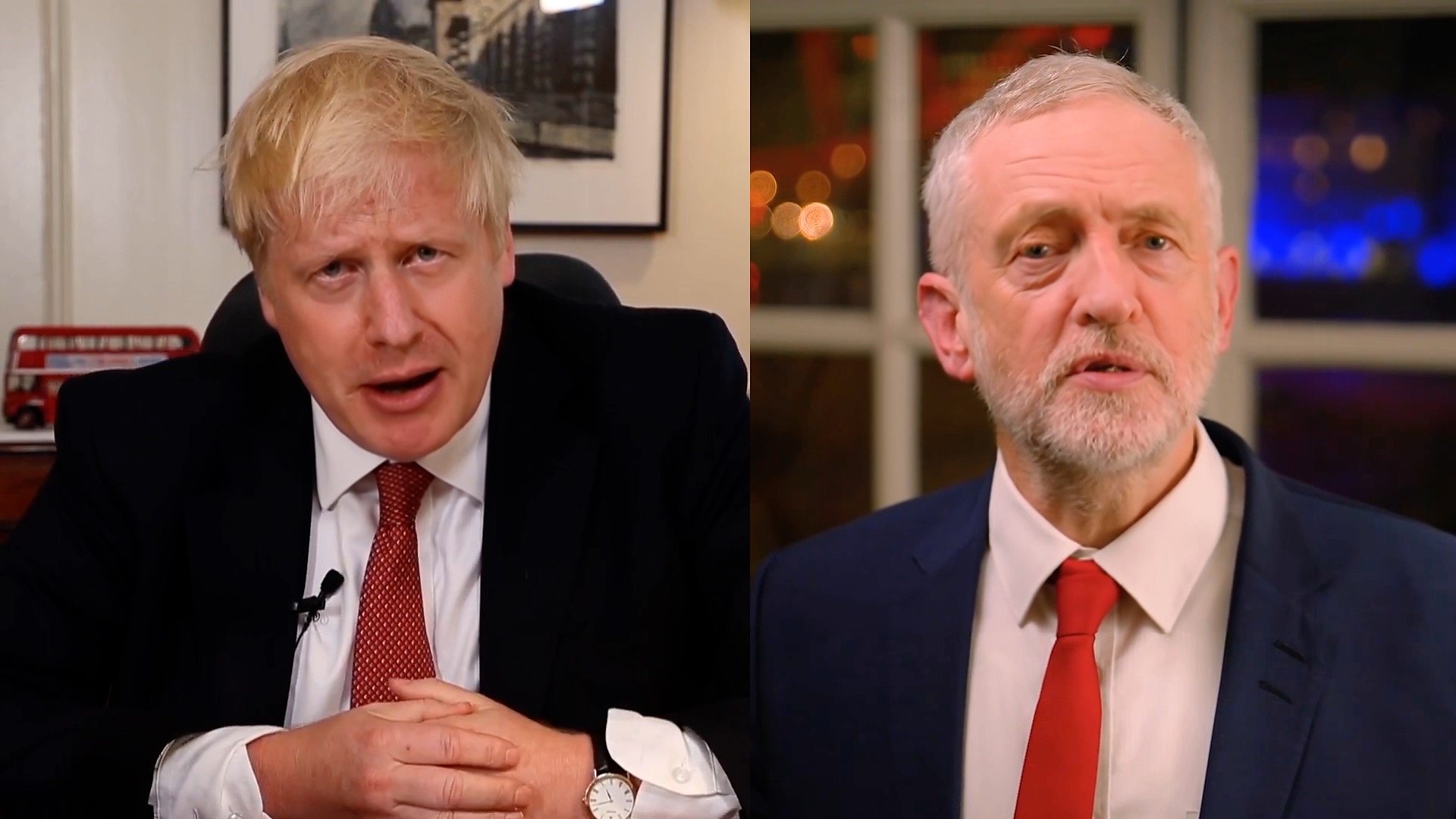
Facial recognition surveillance
I am the author of Unmasking Facial Recognition: An exploration of the racial bias implications of facial recognition surveillance in the United Kingdom. The report looks beyond the question of accuracy and situates the technology within the broader context of racialised surveillance. It revealed that London’s Metropolitan Police failed to carry out an equality impact assessment prior to triallng the technology at events such as the Notting Hill Carnival. The report makes several recommendations and calls for a ‘generational ban’ on the technology. As a Councillor, I led a successful campaign in 2023 for Newham Council to back a ban on facial recognition surveillance in the East London borough.
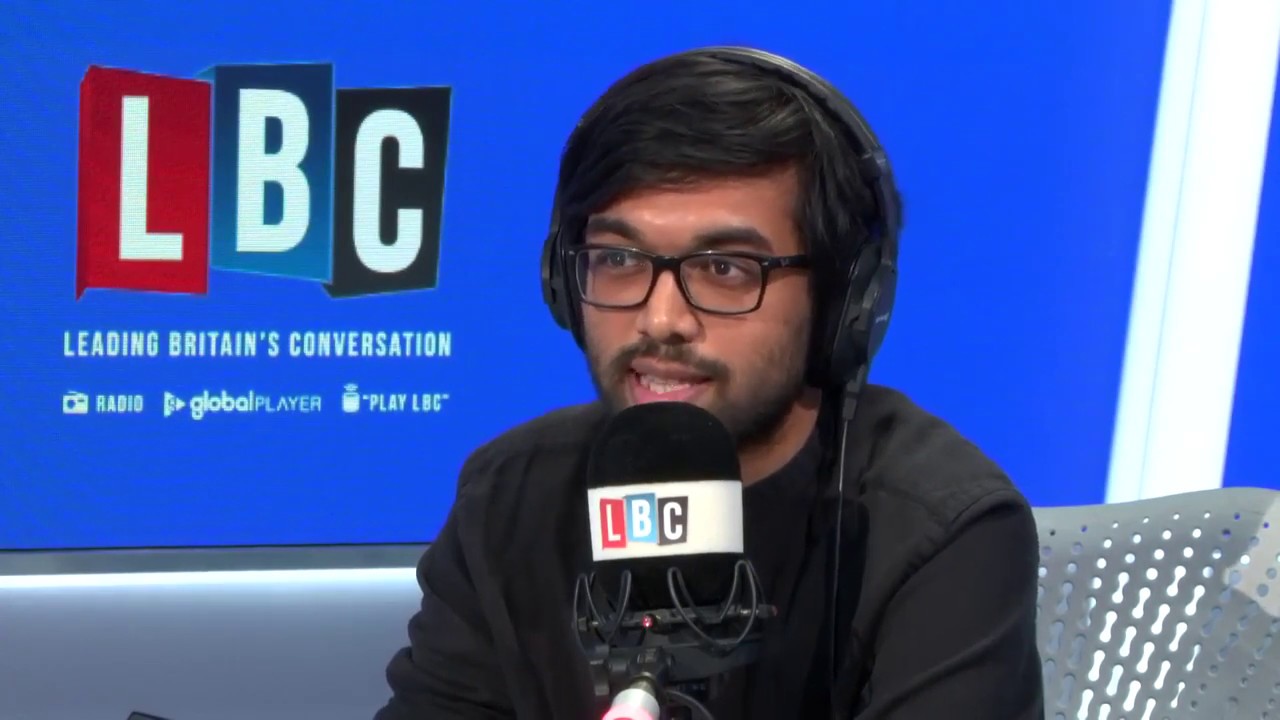
WebRoots Democracy
When I was 21 years old, I founded WebRoots Democracy – an influential think tank focused on progressive and inclusive technology policy. The organisation ran for several years before I closed it in 2020 during the COVID-19 pandemic. It published reports, engaged with decision-makers, and organised public events on issues related to online voting; digital democracy; social media regulation; and artificial intelligence. You can learn more about it on the WebRoots Democracy website here.
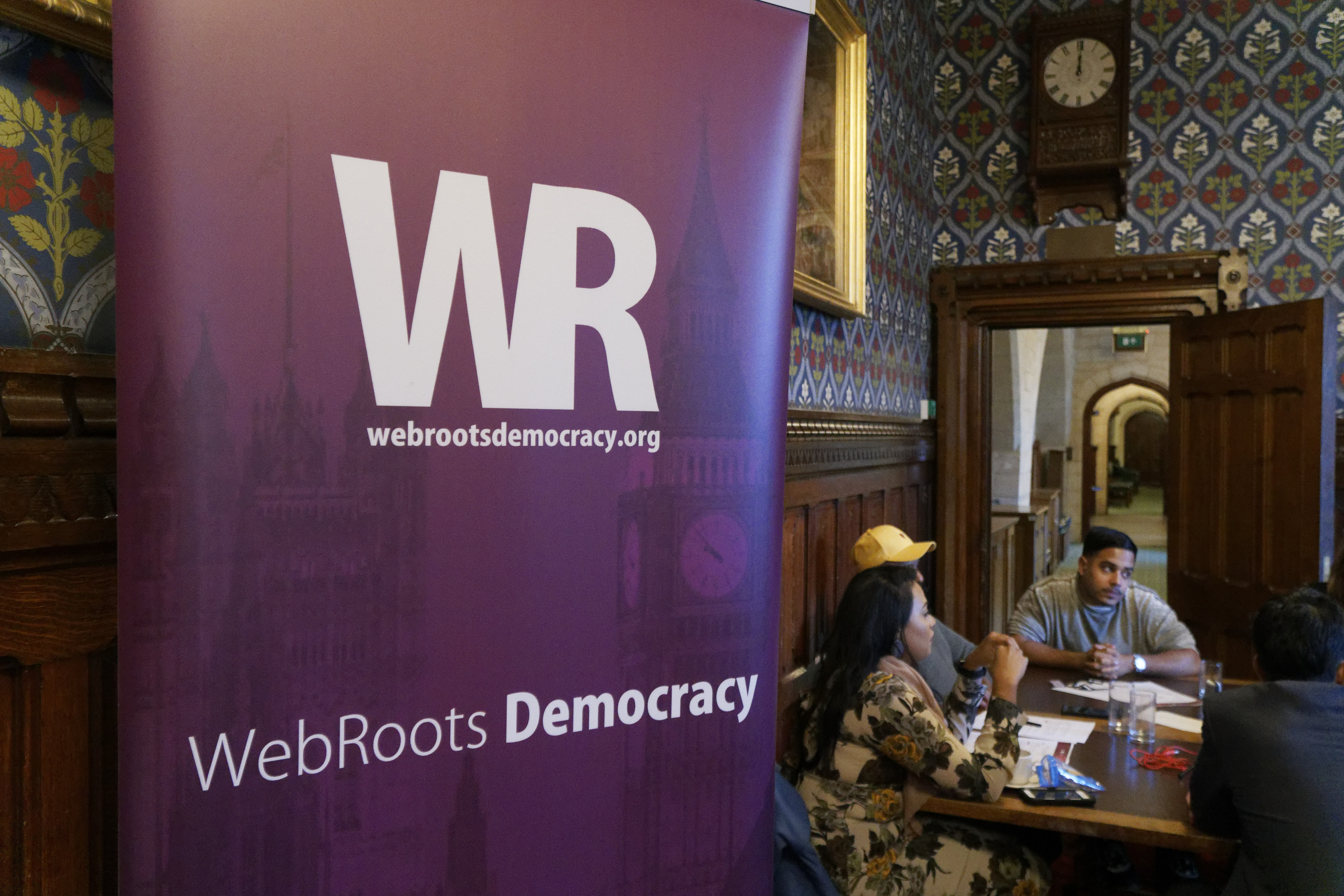
Newham Council
I am a Green Party Councillor, representing Canning Town North in Newham, East London. I hold monthly surgeries where residents can drop in to discuss an issue regarding Newham Council. These are typically held on the third Saturday of the month at Canning Town Library. To contact me about an issue related to the Council, please email me at areeq.chowdhury@newham.gov.uk.
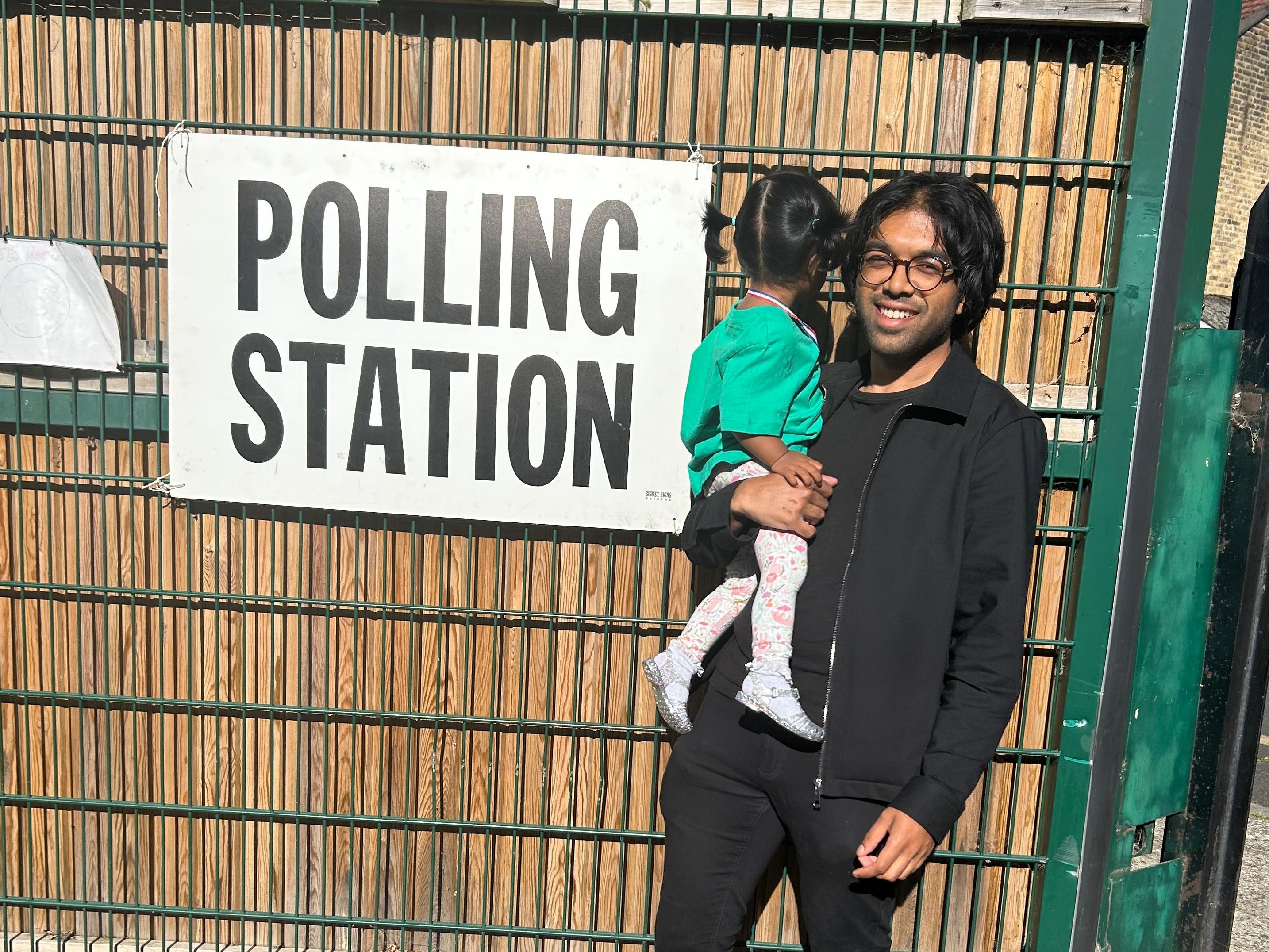
Contact